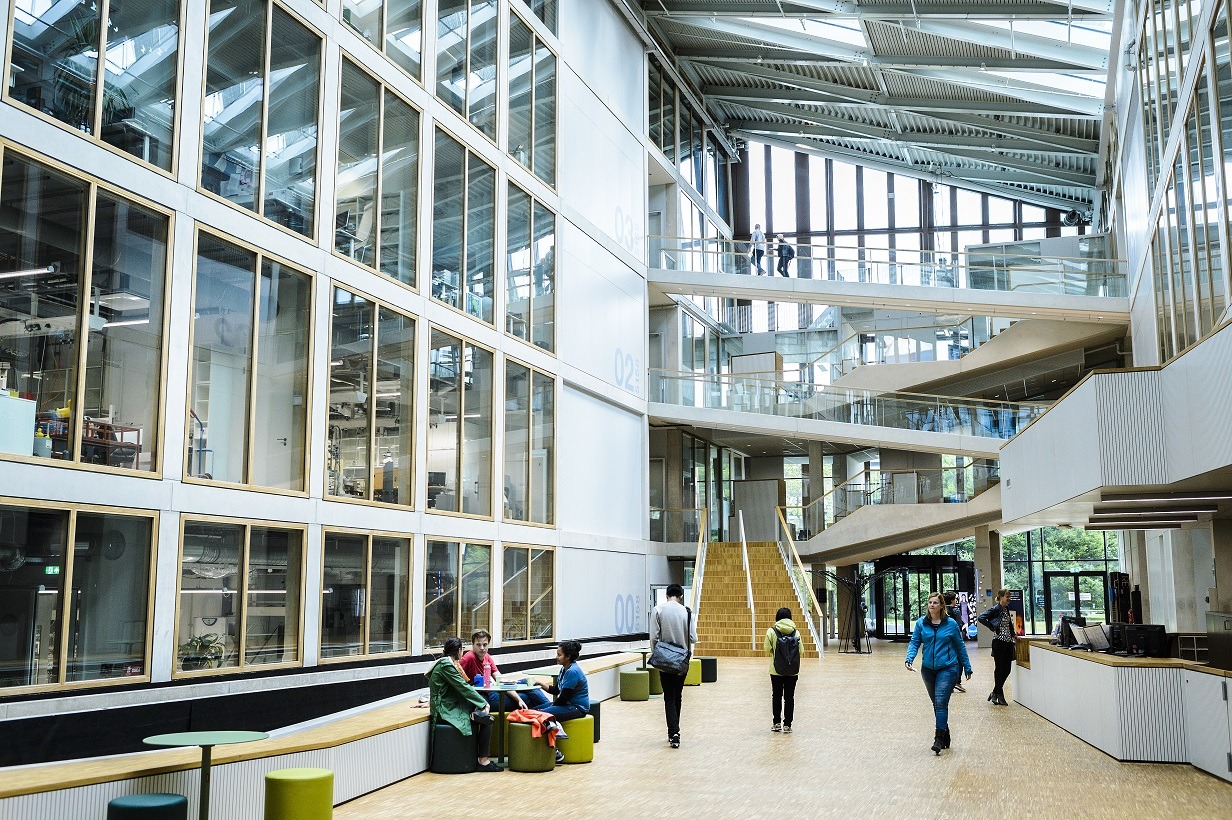Want to know more about this article?
Lifelong Learning: Key to success in the green chemical sector
The green chemical industry in the northern Netherlands is on the eve of major changes. While the sector is developing into the engine of the sustainable transition, a lack of sufficient and suitable personnel threatens to inhibit growth. How do we ensure that sufficient talent is available to future-proof this important industry? To answer this question, we commissioned a comprehensive gap analysis last year. In this blog, we discuss why lifelong learning is crucial, share inspiring examples, and give practical tips for integrating Life Long Learning (LLO) within your organization.
The chemical industry is in an era of unprecedented change. Technological innovations, the transition to renewable energy and the rise of circularity are dramatically changing the playing field. For companies in the green chemical sector, this brings not only opportunities but also challenges. How do you ensure that your employees are prepared for these changes? The answer lies in lifelong learning (LLO).
Why Lifelong Learning is indispensable
The speed at which the chemical industry is evolving requires flexible and widely employable employees. Whereas a diploma used to be enough to build a career, continuous training and keeping knowledge up-to-date are essential nowadays.
The challenge:
Analysis shows that many companies are struggling to implement LLO programs on a large scale. Obstacles such as limited time, budget constraints and lack of suitable learning opportunities inhibit the adoption of continuing education.
Why take action now?
- Rapidly advancing technology: New technologies require employees with up-to-date knowledge and skills.
- Competitive advantage: Companies that invest in LLO remain more flexible and innovative than their competitors.
- Employee retention: A learning culture within an organization strengthens employee commitment and motivation.
Lifelong learning is no longer a luxury, but a necessity for companies in the green chemical industry
Success stories from practice
While there are challenges, inspiring initiatives show how companies and sectors are successfully dealing with lifelong learning.
LIFE Academy
The LIFE Academy offers modular continuing education programs specifically tailored to the needs of chemistry SMEs. Employees can independently choose which modules to take, allowing for flexibility and customization. In addition, the programs are supported by experienced professionals and hands-on content.
GroenvermogenNL
GroenvermogenNL focuses on the hydrogen economy and green chemistry. They develop learning modules that are flexible and scalable, allowing companies and employees easy access to up-to-date knowledge. This initiative responds to rapid changes in technology and regulations by offering microcredentials – small, stackable certificates focused on specific skills.

How your company can create a learning culture
The benefits of lifelong learning are clear, but how can you build a successful learning culture as a company? Here are three concrete steps.
- Work with partners for customized programs
Collaborations with organizations such as Chemport Europe, educational institutions and industry associations can help develop continuing education programs that fit your specific needs. Consider training on circularity, energy transition or new technologies such as hydrogen.
- Take advantage of microcredentials
Microcredentials offer a modern approach to continuing education. These small certificates allow skills to be learned in a short period of time and immediately applied in practice. By focusing on specific topics such as safety, process optimization or sustainability, employees can quickly add value to your organization.
- Encourage a learning culture
A learning culture starts with leadership. If management allocates time and resources for continuing education, employees are more likely to participate. Make learning an integral part of business strategy by, for example:
- Learning budgets: Offer employees a personal budget for training.
- Time commitment: Allow employees to take training courses during working hours.
- Rewards: Recognize and reward employees who develop their skills.
The future is green, innovative and learning-oriented
Lifelong learning is no longer a luxury, but a necessity for companies in the green chemical industry. It enables organizations to adapt to a changing world and gives employees the opportunity to grow and prosper in their careers.
Make lifelong learning a core part of your business strategy. Work with partners, commit to flexible learning methods and create an environment where learning is valued. By investing today in tomorrow’s knowledge, you will not only build a sustainable organization, but also a stronger and future-proof team.
The chemical industry is changing, and with the right learning tools and culture, your organization will change with it. Take the first step toward a future full of growth and innovation.